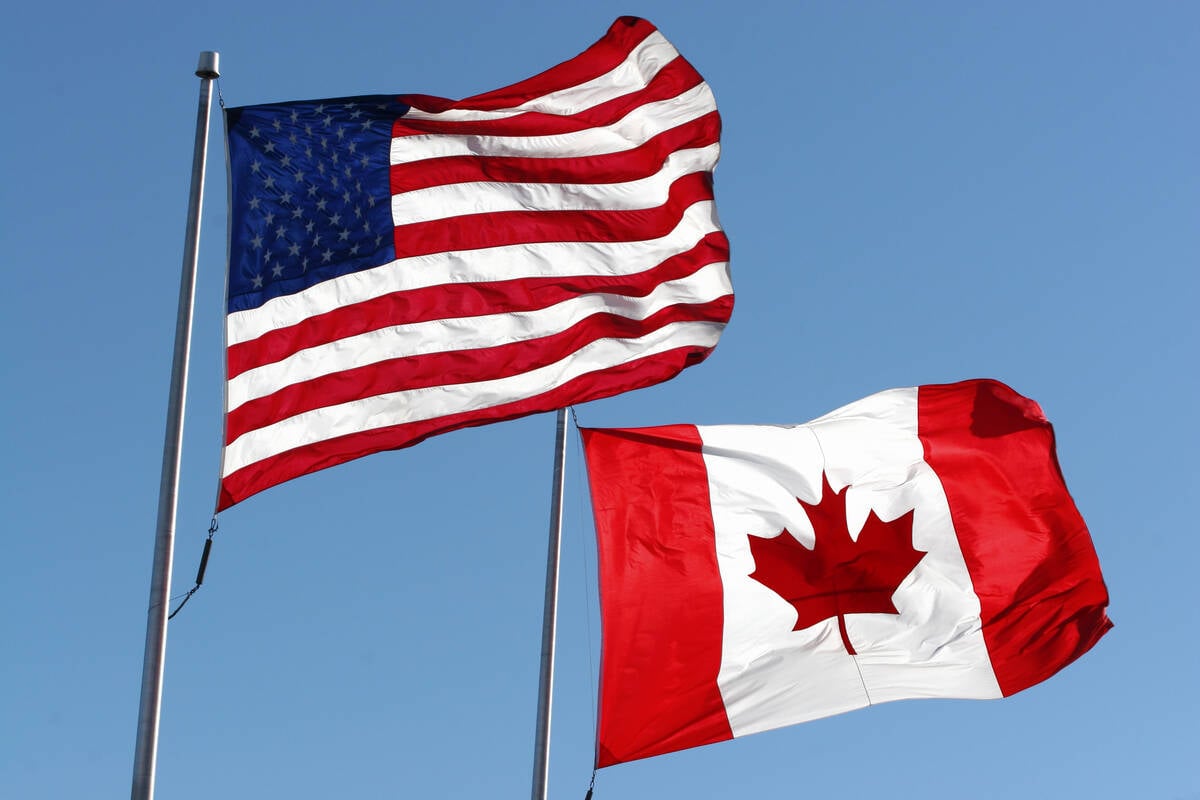With a strengthened parliamentary mandate and the overwhelming support of Canadian farmers and rural ridings, what can Canadian farmers expect the new Conservative government to do?
“We will keep our promises,” prime minister Stephen Harper said on election night in a Calgary speech. “We will do what we said we will do.”
For Canadian Federation of Agriculture vice-president Ron Bonnett, that means the new government will introduce a program of flexible safety net programs designed to meet regional or provincial conditions, keep an eye on the new safety net program to make sure it is meeting the needs of farmers in volatile markets and work with farmers to respond to their requirements.
Read Also

Trump cuts off trade talks with Canada
(Reuters) – U.S. President Donald Trump said on Thursday that all trade talks with Canada were terminated following what he…
“We have a suite of programs that may work when things are stable but when there is instability as there is now, we have real questions about whether they are suitable,” he said election night.
A significant issue for farmers is the availability of credit, he said.
British Columbia farmer and Grain Growers of Canada president Ross Ravelli said keeping election promises must mean moving quickly, when the opposition is weak, to end the Canadian Wheat Board monopoly and ensuring that the railway service review is completed.
“I also think progress on the biofuel issue is stalled now and I expect this government to get that file moving again,” he said.
At the University of Regina, business professor and political analyst Sylvain Charlebois said the Conservative inability to pick up rural Quebec seats despite its strong defence of supply management must make the party wonder about the value of that policy. However, the party did well in rural Ontario where it also is an issue.
“I think in the new parliamentary dynamic, the Conservatives will have to move on issues like supply management with some consensus but I also think Quebec is a loser on that issue tonight because they have given the Conservatives little reason to continue to play that card,” he said.
For Bonnett and the CFA, re-election of a stronger Conservative government also raises the issue of how to convince the Conservatives that the CFA is not a Liberal-leaning organization.
With former president Bob Friesen running for the Liberals in Winnipeg and several former CFA staffers being openly Liberal partisans, Conservatives have raised doubts about whether the CFA is a non-partisan organization.
In Manitoba, re-elected Conservative MP raised the issue in a debate with Friesen when he said he never felt comfortable dealing with the CFA president or his staff because anything he said could get back to the Liberals.
CFA leaders bristle at the suggestion that their organization is partisan but Bonnett acknowledged it is an issue.
“We will have to work with Conservative MPs on the issues that are important to our members and to farmers,” said the CFA vice-president and former president of the Ontario Federation of Agriculture.
“At the OFA, I worked with both Conservative and Liberal agriculture ministers and sometimes I pissed them both off. I’d be naïve if I didn’t understand that we have a job to do to tell the Conservatives that we reflect the opinions of our farmer members and not some partisan position. Sometimes they will like it and sometimes they will not. That is what we do.”














